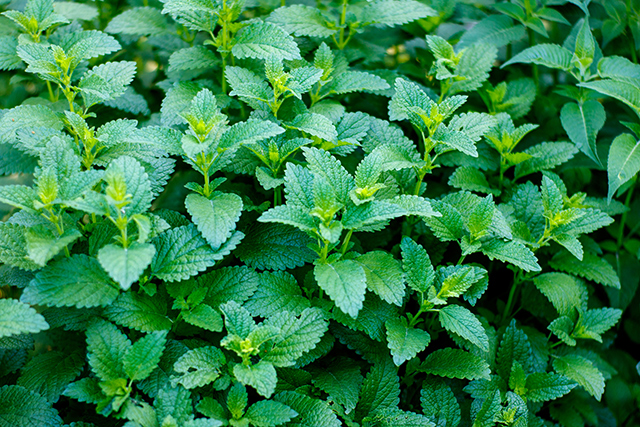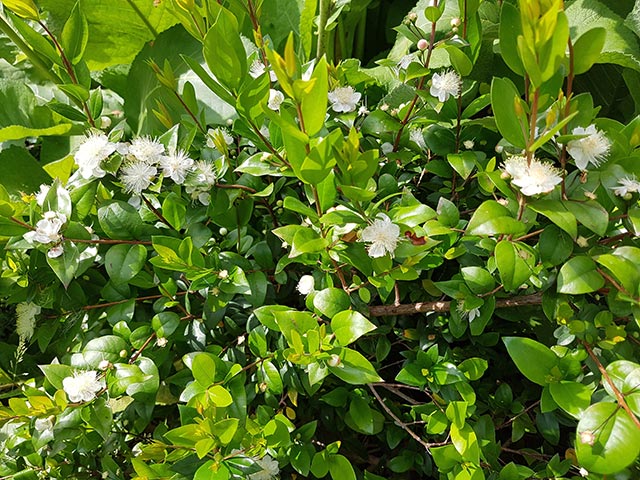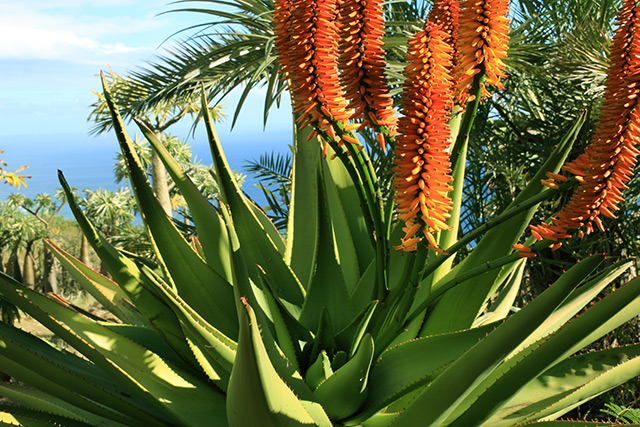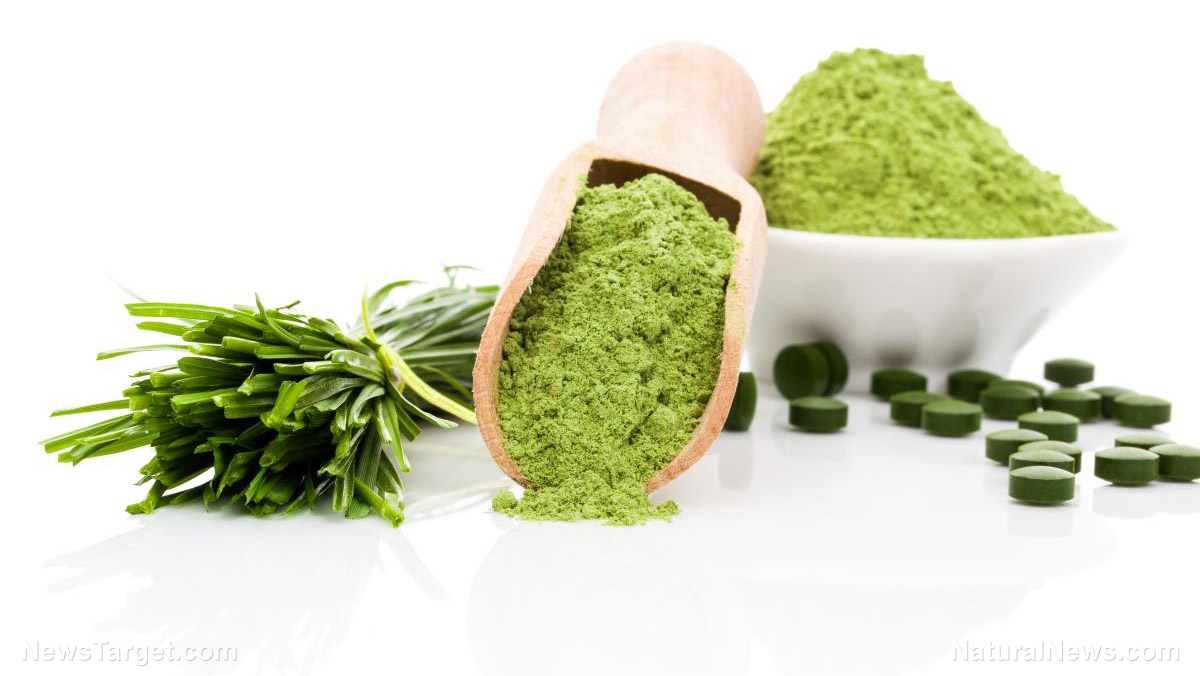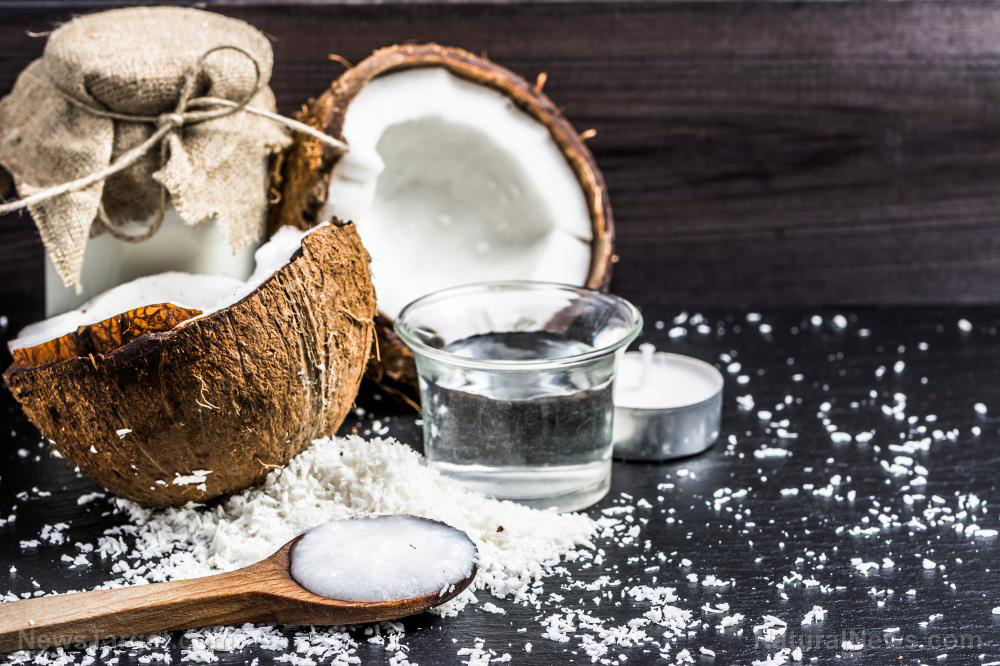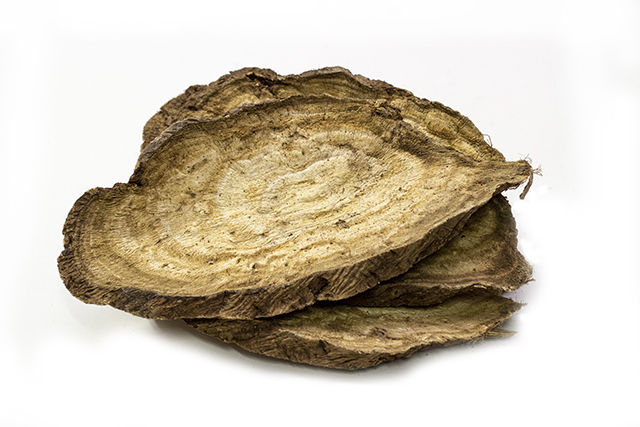TCM herb shows great potential in treating colon cancer
11/08/2018 / By Rhonda Johansson
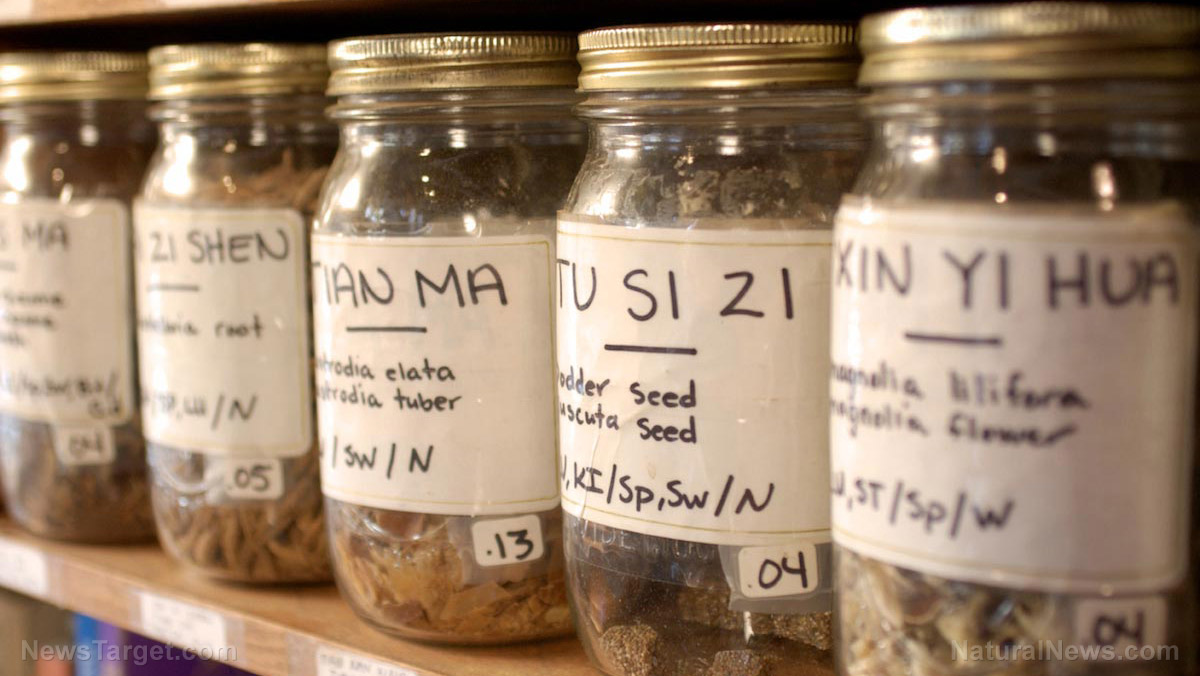
Lycopus lucidus is known in traditional Chinese medicine (TCM) as a powerful “warm” herb that enhances the liver and spleen meridians. Asian healers call the plant ze lan and typically prescribe it to promote menses and to inhibit some forms of pain. A recent study published in Evidence-Based Complementary and Alternative Medicine concluded that ze lan may also play a remarkable role in treating colon cancer by inhibiting the expression of various proteins related to metastasis.
Chinese researchers were curious to see how ze lan would work against a common “cold” disease. Understand that in traditional Chinese medicine, cancer is not a disease in itself but the manifestation of toxin buildup and environmental and internal factors such as emotional stress and unhealthy diets. This causes stagnation in the life force (qi), inevitably causing the body to become “cold.” From the perspective of TCM, all effort must be made to re-establish balance in the body by introducing “warm” treatment methods, including prescribing specific Chinese herbs, such as ze lan.
In this study, ground ze lan powder was dissolved in 1 ml of deionized distilled water. This decoction was analyzed using various types of chromatography. These were used to determine the chemical composition of ze lan. Researchers also examined the inhibitory effects of the decoction on colon cancer cells.
Results showed that ze lan prevented cancer cells from migrating and invading other cells. Specifically, ze lan was found to regulate the expression of Runx2 (Runt-related transcription factor-2) and MMP-9 (matrix metalloproteinase-9), two proteins that are recognized to contribute to the development of cancer and its progression. The researchers likewise found that the therapeutic effects of ze lan were dose-dependent.
The power of the elements: Discover Colloidal Silver Mouthwash with quality, natural ingredients like Sangre de Drago sap, black walnut hulls, menthol crystals and more. Zero artificial sweeteners, colors or alcohol. Learn more at the Health Ranger Store and help support this news site.
It must be noted that the decoction did not exhibit any effect on cell viability. This means that ze lan does not affect cell structure but just the movement and growth of cancer cells.
Results of the study suggest that ze lan displays a powerful antimetastatic effect.
Other Chinese herbs that can be used to treat cancer
TCM treatments work best when they are taken together. Chinese healers generally recommend using several herbs together to reduce tumor size, increase survival rates, and reduce complications. Listed below are some other herbs that may be useful when taken in conjunction with ze lan.
- Artemisinin — This is a derivative of the wormwood plant. Studies have suggested that artemisinin is a thousand times more specific in killing cancer cells than conventional medicines. Furthermore, it is able to do so without harming normal, healthy cells. Artemisinin is said to be particularly potent against leukemia cells.
- Astragalus — This is one of the most widely-used herbs in TCM. Astragalus is a proven immune booster and can reduce the immune-suppressing effects of chemotherapy. (Related: How astragalus benefits people with cancer and low immunity.)
- The Chinese skullcap — Known as Huang Qun, the Chinese skullcap is traditionally used to treat fever. However, new studies have found the herb to also have anti-viral and antioxidant effects.
- American Silvertop root — This is called Nan Sha Shen in TCM. This is prescribed as an antibiotic and is used to treat dry cough. Nan Sha Shen can reduce inflammation in the body.
- Licorice root — Called Gan Cao in TCM, licorice root is a clinically-proven expectorant and that relieve cough and shortness of breath. This can be useful for people diagnosed with lung cancer.
- Poria — There are several studies that list Fu Ling (as it is called in TCM) as a great anti-cancer agent, particularly of the lung, prostate, and breast variety.
- Asparagus root — There is evidence that suggests using asparagus root as a potential natural treatment for leukemia and lung cancer.
Remember to speak with your TCM practitioner before trying any of these herbs. TCM treatments plans are tailored to each patient’s needs.
Read more articles on TCM herbs at ChineseMedicine.news.
Sources include:
Tagged Under: alternative medicine, cancer treatments, Chinese herbs, colon cancer, herbal medicine, natural cures, natural medicine, prevention, TCM, traditional Chinese medicine



